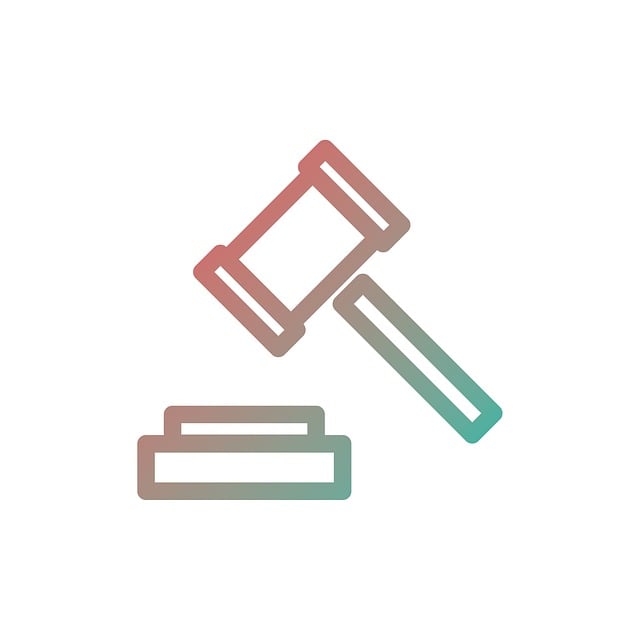The SEC, established by the Securities Exchange Act of 1934, plays a vital role in securities law enforcement. It safeguards fair markets and investors through diligent investigations of fraud, insider trading, and manipulation, penalizes infractions, assists companies with regulatory guidance, and collaborates with prosecutors for severe cases. By ensuring integrity, stability, and transparency, the SEC fosters trust in financial markets and protects against white-collar and economic crimes.
Regulatory compliance is a cornerstone for any organization, particularly those operating within the financial sector. This article delves into the intricate world of securities law enforcement, focusing on the pivotal role of the U.S. Securities and Exchange Commission (SEC). We explore the agency’s authority, its responsibilities in upholding market integrity, and provide strategies to effectively navigate compliance challenges. Understanding these aspects is crucial for businesses aiming to stay ahead and ensure their operations align with the ever-evolving regulatory landscape.
- Understanding Securities Law Enforcement
- The SEC's Authority and Responsibilities
- Navigating Compliance Challenges Effectively
Understanding Securities Law Enforcement

The Securities and Exchange Commission (SEC) plays a pivotal role in enforcing securities laws and regulations in the United States. Its primary mandate is to protect investors, maintain fair markets, and facilitate efficient capital formation. The SEC accomplishes this by conducting thorough investigations at all stages of the investigative and enforcement process. It has the authority to examine corporate books, issue subpoenas, and gather evidence to identify violations such as fraud, insider trading, and accounting irregularities.
In addressing regulatory compliance issues, the SEC considers both corporate and individual clients. It offers resources and guidance to help companies navigate complex securities laws, ensuring they maintain accurate financial disclosures and adhere to reporting requirements. For individuals accused of securities-related offenses, the SEC may initiate administrative proceedings or, in more severe cases, refer matters to federal prosecutors for potential jury trials. This comprehensive approach underscores the SEC’s commitment to upholding integrity within the financial markets.
The SEC's Authority and Responsibilities

The Securities and Exchange Commission (SEC) plays a pivotal role in enforcing securities laws across the United States. Established by the Securities Exchange Act of 1934, its primary mandate is to protect investors, maintain fair, orderly, and efficient markets, and facilitate capital formation. The SEC’s authority encompasses a wide range of responsibilities, including regulating stock exchanges, monitoring public companies, and investigating potential securities fraud.
As a key player in the financial sector, the SEC enforces federal securities laws, ensuring that businesses operating within its jurisdiction adhere to strict regulations. This involves overseeing initial public offerings (IPOs), proxy solicitations, mergers, acquisitions, and other corporate transactions. By acting as a general criminal defense mechanism for the financial markets, the SEC strives to achieve extraordinary results in maintaining integrity and stability within the securities industry, while also fostering trust among philanthropic and political communities that rely on transparent and fair investment practices.
Navigating Compliance Challenges Effectively

Navigating compliance challenges effectively involves a strategic approach, especially when dealing with complex regulatory landscapes. Companies must recognize that regulatory compliance is not a one-time task but an ongoing process. The Securities and Exchange Commission (SEC) plays a pivotal role in securities law enforcement, ensuring fair markets and protecting investors. By adhering to SEC guidelines and regulations, businesses can mitigate risks associated with white-collar and economic crimes.
Understanding the entire investigative and enforcement process is essential. This includes proactive measures such as risk assessments, internal audits, and employee training to prevent violations. During all stages of this process, legal counsel specializing in regulatory compliance can guide companies, ensuring they meet their obligations while protecting their interests. Such expertise helps organizations stay ahead of changing regulations and maintain strong relationships with regulatory bodies like the SEC.
In conclusion, understanding the regulatory landscape is paramount for any organization navigating the complex world of securities law enforcement. The U.S. Securities and Exchange Commission (SEC) plays a pivotal role in maintaining fairness, protecting investors, and ensuring market integrity. By delving into the agency’s authority, responsibilities, and strategies for addressing compliance challenges, businesses can proactively manage risks and demonstrate their commitment to ethical practices. Ultimately, effective navigation of these regulatory requirements is essential for fostering trust and transparency in today’s financial markets.






